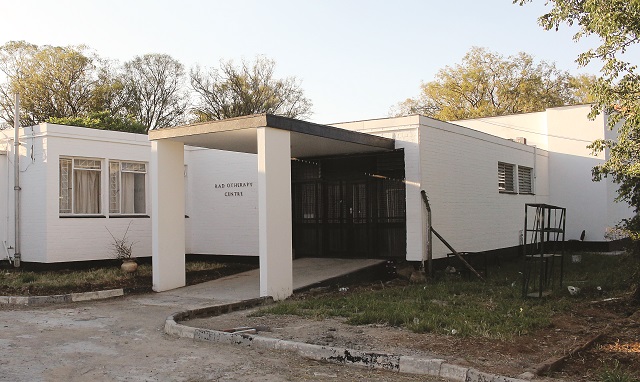Treasury lays out 2018 budget thrust
THE 2018 national budget will focus on restoring macro-economic stability and fiscal discipline through implementing various cost cutting measures, the Ministry of Finance and Economic Development has said.
Zimbabwe’s economy is weighed down by several challenges, chiefly low industrial productivity, market indiscipline and shortages of foreign exchange.
Also of concern is the public sector wage bill which chews the largest chunk of the national budget, which is funded entirely on taxes, crowding out other developmental needs.
And in light of that, analysts contend that addressing the mismatch between national budget revenues and expenditures was central to resolving some of these challenges. In its 2018 pre-budget strategy paper, dated September, 2017, Treasury said rationalisation of public expenditure presented an opportunity to curtail Government spending.
“The 2018 national budget should focus on restoring fiscal sustainability and discipline through institution of expenditure reduction measures as directed by Cabinet,” reads part of the document seen by New Ziana.
“Therefore, as part of their input towards development of the 2018 national budget, submissions from Ministries and Departments should contain sector specific proposals on cutting budget expenditure costs.”
Although the Government has lowered the wage bill by $10 million per month, the document said, it remained unsustainably high hence the need for further initiatives to contain recurrent expenditure. The document said effective revenue collection, prudent expenditure and debt management were crucial to the success of the 2018 national budget.
Treasury would also focus on containing the huge budget deficit, as an improved budget position creates fiscal space for funding development programmes, while also positively impacting on expenditure and debt management.
“Since 2014, the level of the budget deficit as a percentage of GDP has been on the increase, from 1.2 percent to deficit of 8.7 percent and 8.4 percent in 2016 and 2017, respectively.
“In the absence of strong measures targeted at containing expenditures and enhancing revenues, further deterioration of the budget deficit is likely to be sustained beyond 2018,” the document said.
“Consequently, the 2018 budget strategy paper proposes targeting halving the budget deficit to 4 percent of GDP and subsequently moving to a balanced budget by 2020.”
Other priority areas include, limiting Government borrowing from the Central Bank in line with section 11(1) of the Reserve Bank Act [Chapter 22:15] which requires that Central Bank lending to the State at any time shall not exceed 20 percent of previous year’s Government revenues.
As of last year, Central Bank lending to Government had surpassed the stipulated threshold, reaching 27 percent. According to the document, Government maintained economic growth projections for this year at 3.7 percent, owing to improved agriculture and mining sector performance.
“In the outlook, steady economic growth of 3 percent is projected in 2018, and is expected to average 4.4 percent in the medium term.” — New Ziana












Comments